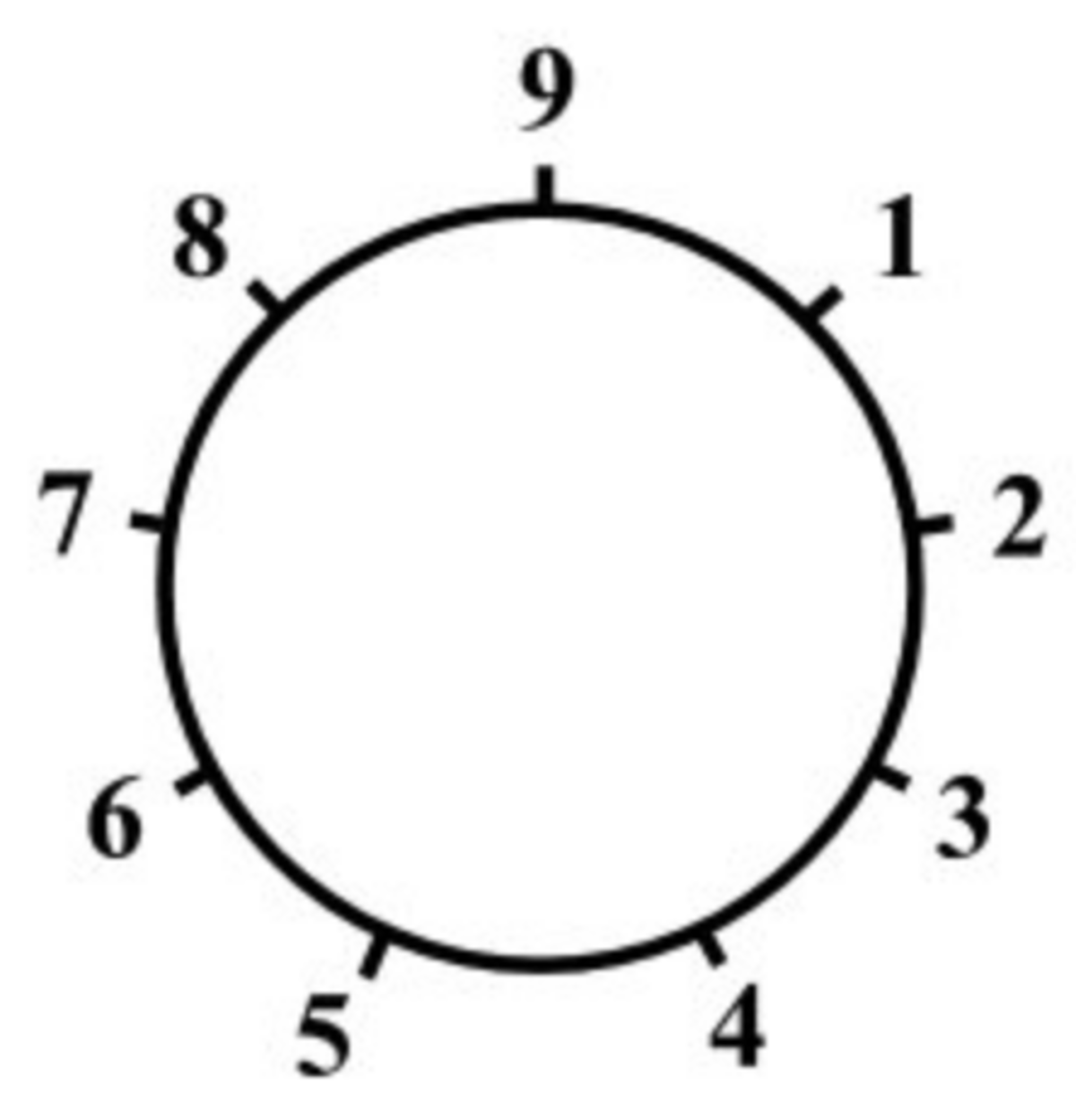Uncreative Title For a Math(s) Problem
Æ of a said number equal the sum of all digits in said number. if the the sum is a 2 or more digit number you repeat until you get to a 1 digit number. for example:
so the answer to Æ of 289 is 1. Without doing all the math what is equal:
This section requires Javascript.
You are seeing this because something didn't load right. We suggest you, (a) try
refreshing the page, (b) enabling javascript if it is disabled on your browser and,
finally, (c)
loading the
non-javascript version of this page
. We're sorry about the hassle.

SInce,the number is divisible by 9 at the beggining.It will be so at the end.Hence,the answer is 9.(since the sum of digit of a number =the number modulo 9)